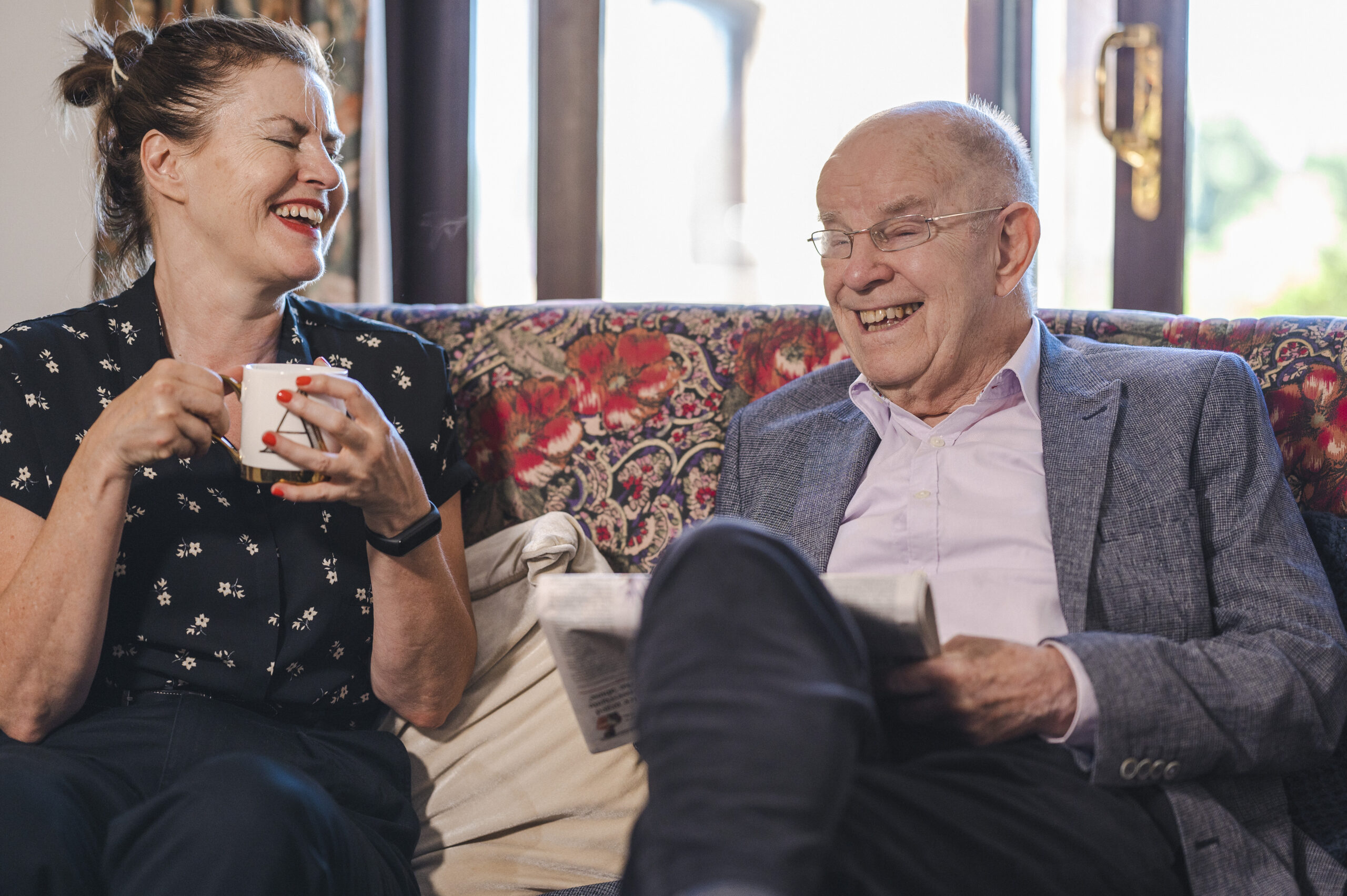How Our Personality Affects the Way We Approach Friendship
5 min read

People differ immensely in how they handle the social world. Put simply, some people find making and sustaining friendships significantly easier than others.
This can be partially related to our personality type, which can be thought of as something we either have or don’t have, or viewed as a ‘dimension’.
Introversion and extroversion personality types, to take one example, are generally regarded as dimensional. It’s thought that most people sit at one end or the other of this spectrum. Though some, known as ambiverts, sit in or around the middle, switching between the two states depending on their mood and the social circumstances they find themselves in.
Unsurprisingly, our personality type influences how we behave in social situations.
Extroversion tends to be manifested in outgoing, talkative, assertive behaviour whilst introversion is characterised by more inner-directed, thoughtful, reserved behaviour. Generally speaking, extroverts enjoy sociability, seek out excitement, and like being the centre of attention. Introverts, by contrast, are typically most comfortable relating to other people in small groups and in one-to-one relationships and are energised by spending time alone.
If you’re wondering which category you fall into, why not try this quick quiz?
Celebrating difference
It’s interesting to consider how the different ways introverts and extroverts appear to approach friendship affects the dynamics of those friendships.
A fascinating article in Psychology Today considers whether introverts make better friends than extroverts, because they invest more in each of their fewer friendships? Or whether it’s the other way around, because extroverts are better at reaching out to others?
The writer believes that it doesn’t really matter. Provided there’s an element of give and take, accompanied by mutual respect. Ultimately, what matters is the identification of ‘common ground, what both introverts and extroverts need in their lives: people who get them.’
But wherever you sit, it’s important to factor in and consider the different needs that people have when socialising with others. And, as many of us are familiar with the terms, we find it’s a useful way of assessing how you are likely to interact with each other in the BuddyHub community. It also helps us to continually design our services to best reflect different members’ needs.
What does this mean for you as a member of BuddyHub?
We know some of you are shy and might also suffer from a degree of social anxiety. This can be very challenging in a society that places a premium on being outgoing and having a large personality (from school to the workplace and on into wider society).
But these things aren’t fixed in stone. People tend to get more extroverted as they get older. This is probably something to do with our experience of socialising with people as we go through life. Developing greater confidence about how to handle social situations, becoming less inhibited and caring less about making a fool of ourselves. That said, particularly as we age, we may be less motivated to get out and about meeting people. It can seem easier simply to stay at home and enjoy your own company!
And wherever you think you’re placed on the introversion/extroversion spectrum, don’t let it hold you back when it comes to getting involved in BuddyHub activities. Because we’re always thinking of ways to make people feel more comfortable meeting new people. We’ll help break the ice. Support you through the introduction process in whatever way we can. And steer you towards activities that suit your particular needs and circumstances.
Meeting people who get you
As you’ll have gathered, BuddyHub is very interested in what makes our members tick. If you decide to join our community, we will ask you a set of questions about your interests, hobbies and beliefs. This helps us get to know you a little better and find the best matches possible. It also means that we can continue to design our services around the varying needs of our members.
In practical terms, BuddyHub has already been designed to cater for different social needs. Our Friendship Wheels are perfect for developing one-to-one or small group friendships. While our Friendship Clubs provide the opportunity to meet other members, often in larger groups, and develop friendships around a common theme or activity.
On a broader scale, our community platform on Circle allows members to engage with each other online. This can be a great way of getting to know other members before meeting up face-to-face, which some people can find a little daunting until you’ve got to know the person first.
Horses for courses
In all of this, we recognise that different cultural environments can appeal to different people in different ways. Some of these differences of cultural expression are socially conditioned. And some may reflect different cultural origins.
Walking is an activity that has across-the-board appeal. To reflect this appeal, BuddyHub has launched a Nature Club where walks based in your area are a popular feature. Interestingly, it turns out that the need to synchronise your walking pace with another person releases endorphins. They not only stimulate relaxation and improve our mood but yes, you’ve guessed it, also help people bond. All the more reason to join!
Singing also has wide appeal. And it’s believed that the fastest way for a group of people to bond together is to sing together. Perhaps this is why we find examples of group singing in all cultures. So watch out for some upcoming singing opportunities with Culture Club.
We believe that we’re all individuals with different social needs and will find some activities more congenial than others. As such we aim to design our services around what you want.
Whatever your personality, why not come and find out how BuddyHub can immeasurably enrich your social life and perhaps give you a more positive outlook on the world.



